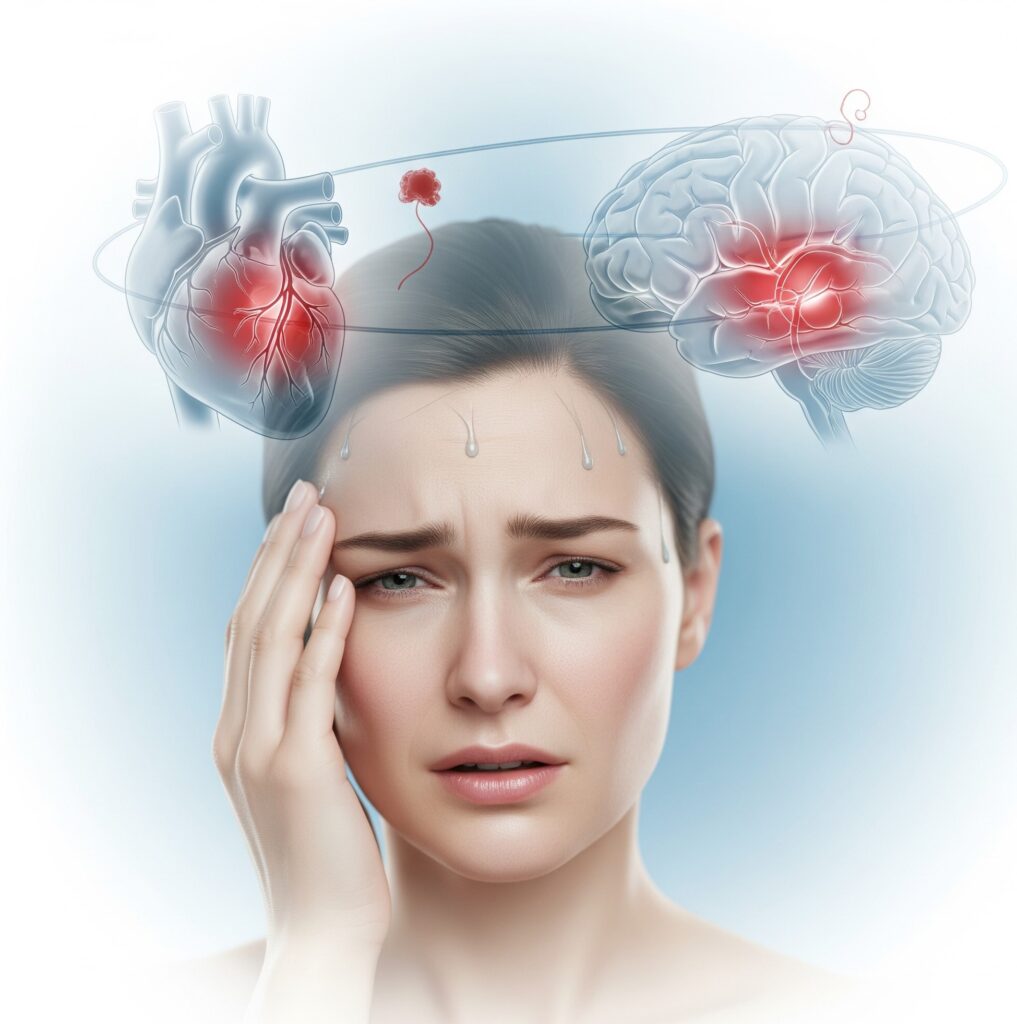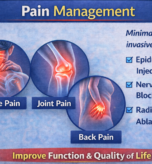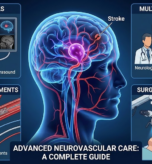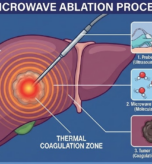Blocked arteries, or arterial blockages, rank among the top causes of heart disease and stroke. Fat, cholesterol, and plaque build up in blood vessels. This narrows or blocks blood flow, stressing the heart and other organs. It raises risks for heart attacks, strokes, and peripheral artery disease (PAD).
Spotting early warning signs saves lives. Many mistake these signs for minor issues, but ignoring them can lead to serious problems. This blog explains five early warning signs of blocked arteries, their causes, and prevention tips.

1. Chest Pain or Discomfort (Angina)
Chest pain, called angina, is the most common warning sign of blocked arteries. You may feel tightness, heaviness, or pressure in your chest. The pain can also spread to your arms, shoulders, back, neck, or jaw.
Angina usually occurs during exercise or stress. At these times, your heart needs more oxygen-rich blood. Since blocked arteries limit blood supply, discomfort follows. Rest or medicine may help. But frequent chest pain is a red flag. Don’t ignore it—it could lead to a heart attack.
2. Shortness of Breath from Blocked Arteries
When arteries are blocked, the heart pumps blood less effectively. This causes shortness of breath, even during light activity. Walking or climbing stairs may suddenly feel harder. In severe cases, you may feel breathless at rest.
Reduced blood flow means less oxygen reaches the heart and lungs. If breathlessness comes with chest pain, dizziness, or fatigue, get medical help immediately. This symptom often signals a serious heart problem.
3. Pain, Numbness, or Weakness in Limbs (PAD)
Blocked arteries affect not only the heart but also the arms and legs. This condition is called peripheral artery disease (PAD). It can cause cramping, numbness, weakness, or pain in the legs during activity. Usually, rest brings relief.
However, as blockages worsen, symptoms may continue even when resting. Poor circulation can also cause coldness, pale skin, or discoloration in the feet and toes. Ignoring these signs increases the risk of tissue damage. In rare cases, it may even lead to amputation.
4. Dizziness, Sweating, and Nausea as Warning Signs
Blocked arteries may also cause dizziness, sudden sweating, or nausea. These happen when blood flow to the heart or brain drops suddenly. Many people feel lightheaded or vomit right before a heart attack.
Unexplained sweating without activity is another warning sign. These symptoms may look harmless, but they could signal a stroke or heart attack. Therefore, do not delay—seek medical attention quickly.
5. Irregular Heartbeat or Palpitations Due to Blockages
Blocked arteries can disturb the electrical signals that control your heartbeat. This may cause palpitations, irregular rhythms, or a pounding heartbeat. Some describe the feeling as their heart “skipping beats.”
If these palpitations come with chest pain, shortness of breath, or dizziness, the danger is higher. Ignoring them can raise the risk of arrhythmia, heart failure, or even a cardiac arrest. Immediate medical check-up is essential.
Why Early Detection of Blocked Arteries Matters
Blocked arteries often grow silently. By the time severe symptoms appear, the damage may already be serious. However, early detection changes everything. Doctors can suggest lifestyle changes, prescribe medicines, or perform procedures like angioplasty to restore blood flow.
Prevention Tips for Healthy Arteries
You can lower your risk with a few simple steps:
- Eat a healthy diet with fruits, vegetables, whole grains, lean protein, and good fats.
- Exercise regularly—at least 30 minutes, five times a week.
- Quit smoking and reduce alcohol intake.
- Manage stress with yoga, meditation, or deep breathing.
- Go for regular check-ups, especially if you have diabetes, high blood pressure, or high cholesterol.
Conclusion
Blocked arteries are a serious threat to your heart. Still, you can protect yourself by spotting the five early warning signs—chest pain, shortness of breath, limb pain, dizziness, and irregular heartbeat.
If you notice any of these, contact a doctor right away. Early action and proper treatment can save your life. Prevention is always better than cure.
👉 Explore our services: Dr. Vrishit Saraswat – Cardiology Care






